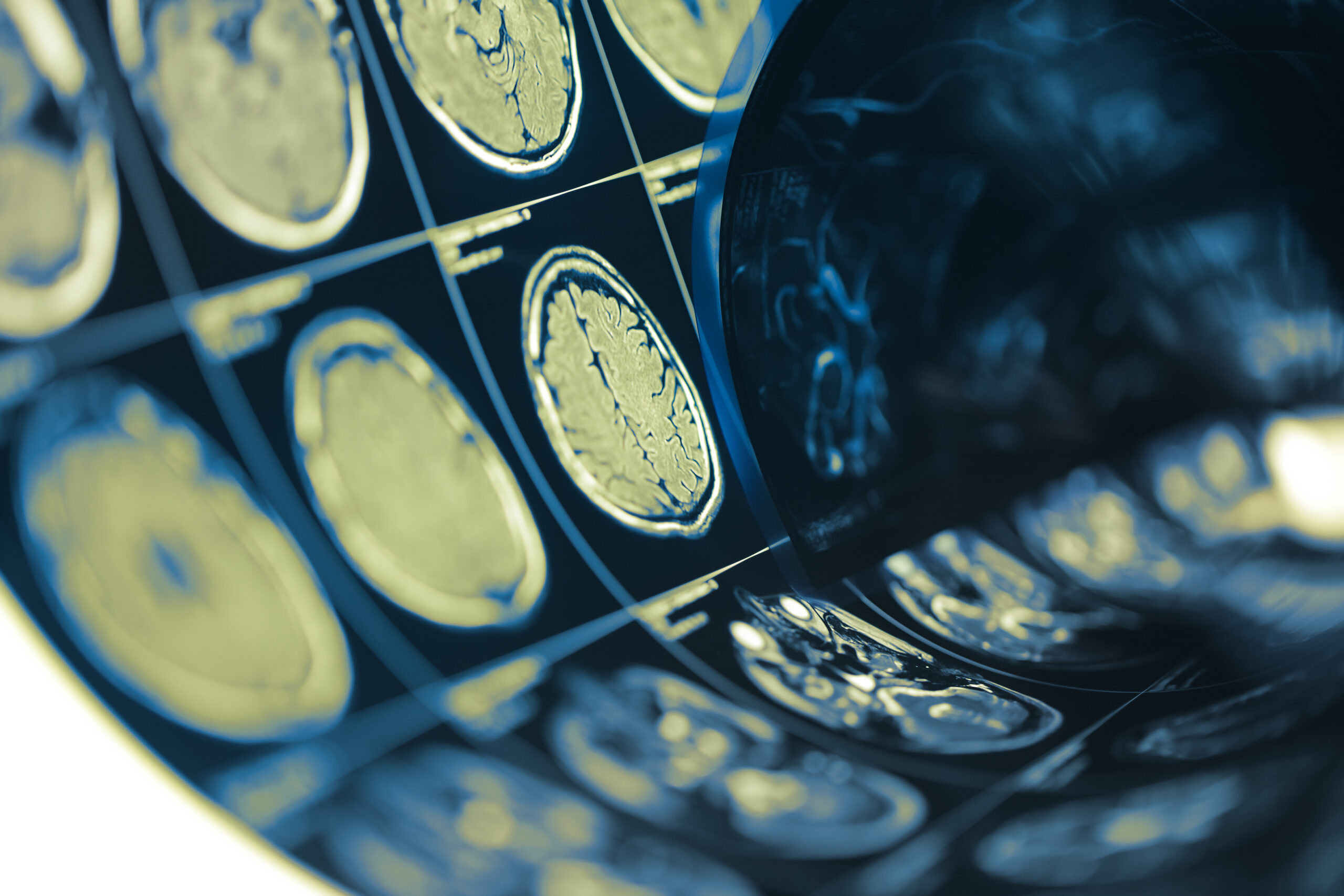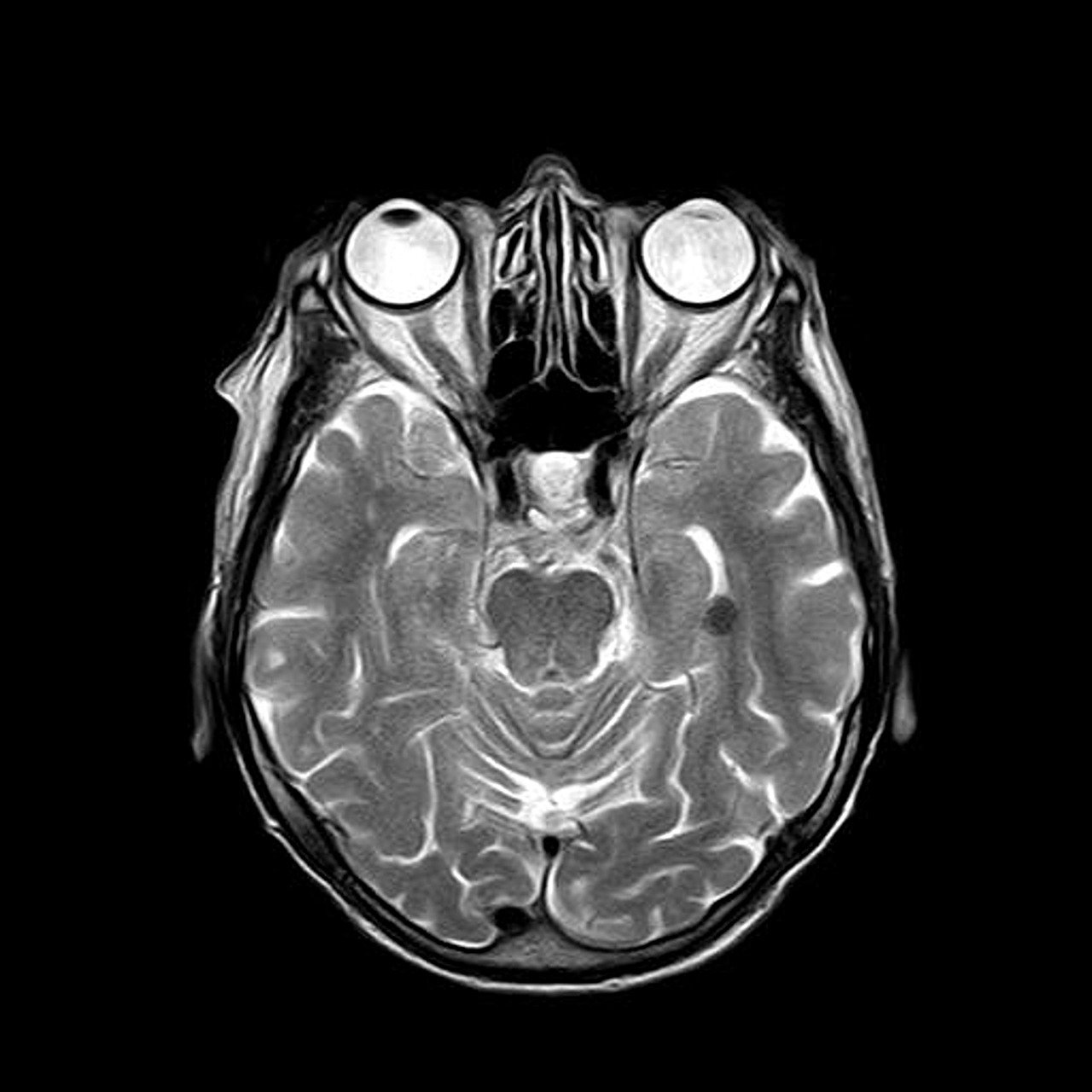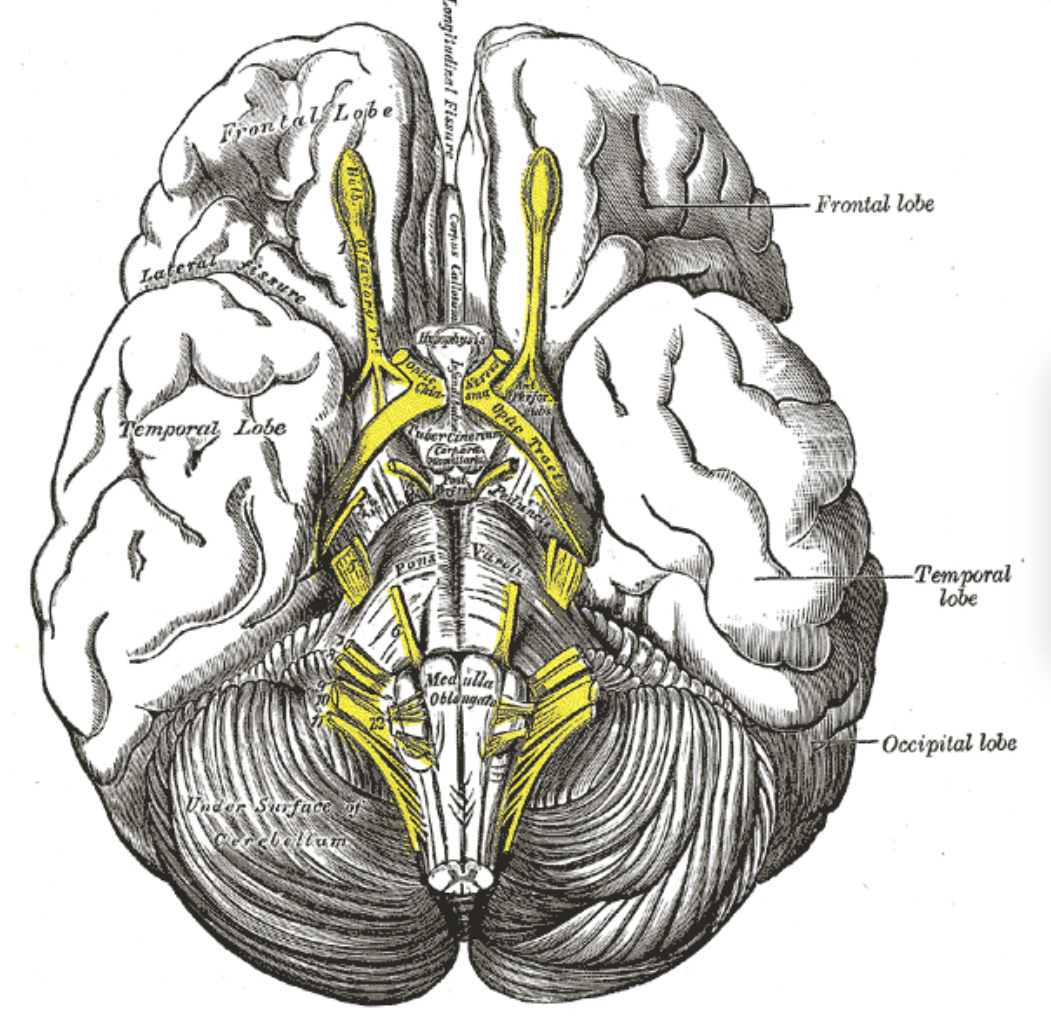The role of the frontal lobe in criminal decision making
Abnormalities in the frontal lobe have been increasingly linked to criminal behaviours, particularly those involving impulsivity, aggression, and poor judgement. This brain region governs executive functions like moral reasoning, impulse control, and decision-making. Neuroimaging studies and clinical data reveal how dysfunction in specific subregions may impair behavioural regulation, challenging conventional views of responsibility and offering new insights into justice, rehabilitation, and the biological roots of antisocial conduct.
The role of the frontal lobe in criminal decision making Read Post »



